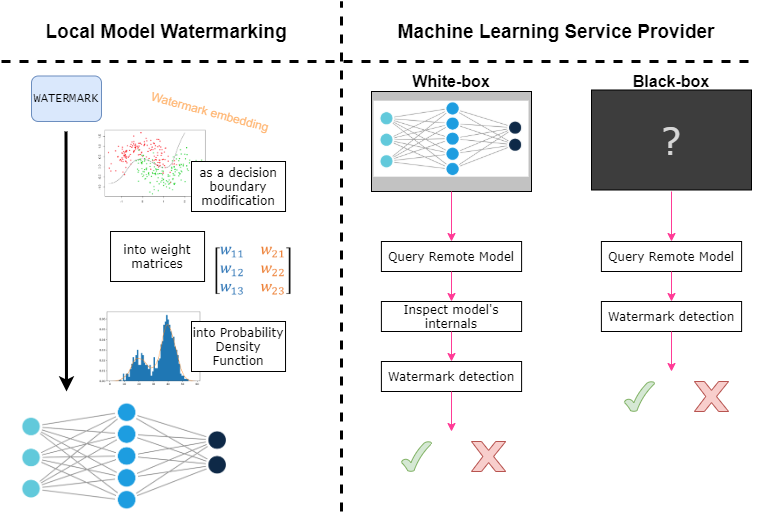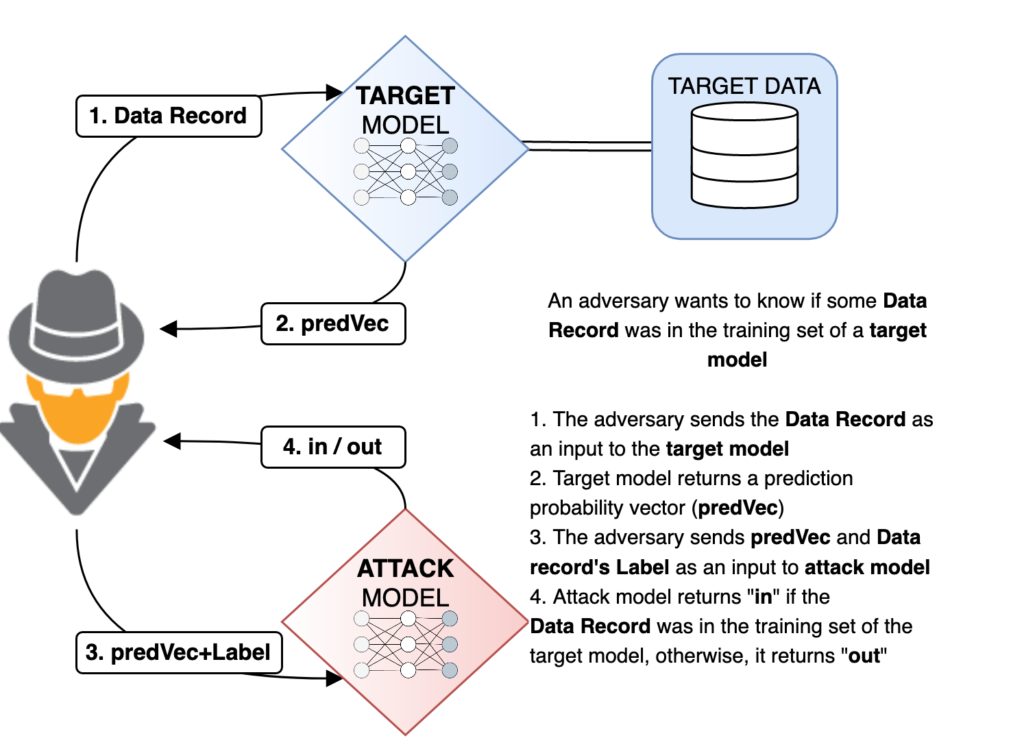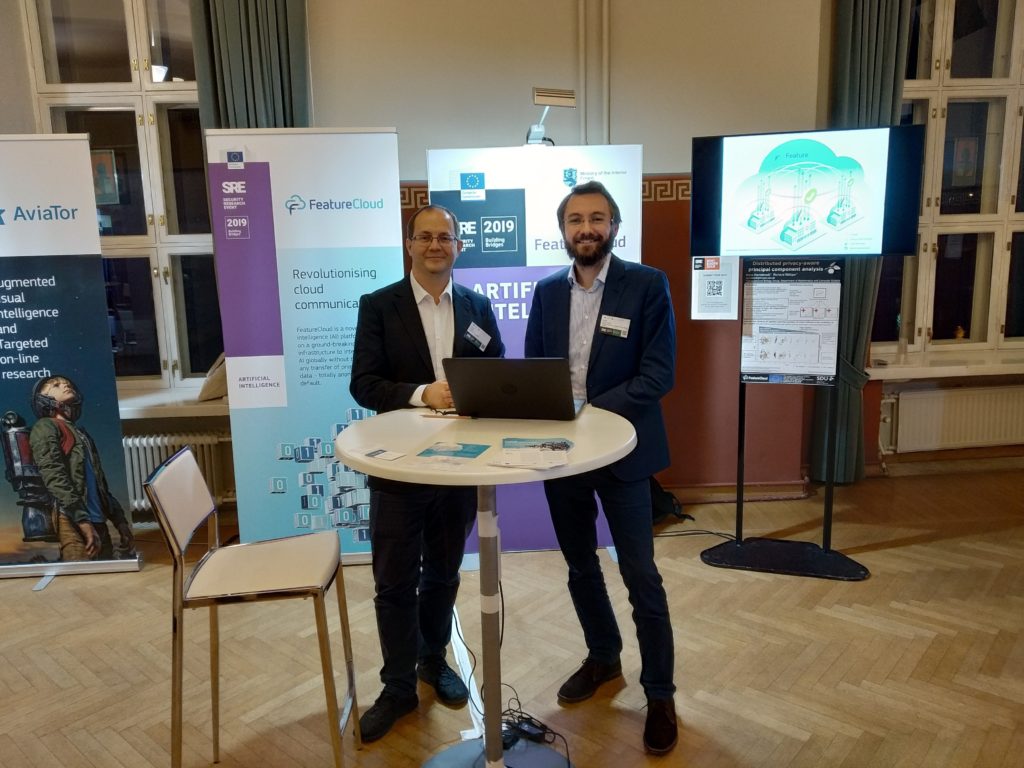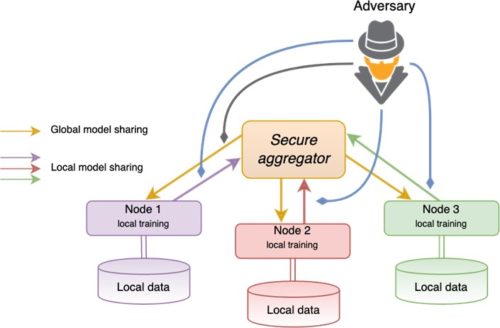Secure and privacy-preserving Machine Learning
MDLM – The Machine Learning and Data Management Group @ SBA Research
Research Topics:
Machine Learning (ML) offers exciting possibilities for innovative products and improvements of existing services. To avoid negative consequences, such as the loss of customer data or commercial secrets, it is important to consider security and privacy aspects before applying Machine Learning in real-world applications.
SBA Research conducts research in the area of privacy-preserving Machine Learning and develops novel solutions to mitigate related threats. In addition, we offer trainings and expert discussions on implications and available defense mechanisms as well as consulting services in the area of secure and privacy-preserving data management and ML.
Topics include:
- Protection against theft of intellectual property (data or trained ML models)
- Defense mechanisms against adversarial attacks
- Privacy-preserving computation methods like federated learning and secure multi-party computation
- Novel methods for data anonymization, including complex data types
With regards to data processing, preserving the privacy of individuals and protecting business secrets is highly relevant for organizations which are working with sensitive and/or personal data. In particular, if companies outsource ML models to external (cloud) providers to analyze their data, they have to consider privacy-preserving data analysis. Data anonymization or -synthetization are possible solutions for privacy protection. A further threat that has to be considered is an adversary recovering training data directly from ML models. SBA Research addresses how organizations can collaboratively build ML models while not directly sharing their data and guaranteeing privacy for their customers.
Automated decision making can have a significant influence on individuals and groups; hence, the robustness of the respective algorithms is of great concern when deploying such systems in real-world applications. Various types of attacks can trick a ML system into making wrong predictions. Backdoor attacks, for instance, poison the training data by injecting carefully designed (adversarial) samples to compromise the whole learning process. In this manner it is possible to, for example: cause classification errors in traffic sign recognition with safety critical implications on autonomous driving; evade spam filters; manipulate predictive maintenance; or circumvent face recognition systems.
Developing methods to detect and defend against these attacks is an important research topic for SBA Research.


Membership Inference Attack
Teaching Activities:
The Machine Learning and Data Management Group is also very active in teaching in subjects in their domain at TU Wien. This includes for example the following courses, all at the level of master curricula:
- Machine Learning (Andreas Rauber, Rudolf Mayer)
- Security, Privacy and Explainability in Machine Learning (Andreas Rauber, Rudolf Mayer)
- Self-Organizing Systems (Andreas Rauber, Rudolf Mayer)
- Data Stewardship (Andreas Rauber, Tomasz Miksa)
The Team:
MLDM consists of experts in the areas of privacy-preserving computation, privacy-preserving data publishing, synthetic data, adversarial machine learning, secure learning, detection of and defenses against attacks (e.g., poisoning attacks, evasion attacks), watermarking and fingerprinting of data, and machine learning models.

Team Lead

Senior Researcher

Senior Researcher

Researcher

Researcher

Researcher

Researcher

FEMtech Intern

FEMtech intern

FEMtech intern


MLDM in Pictures:




